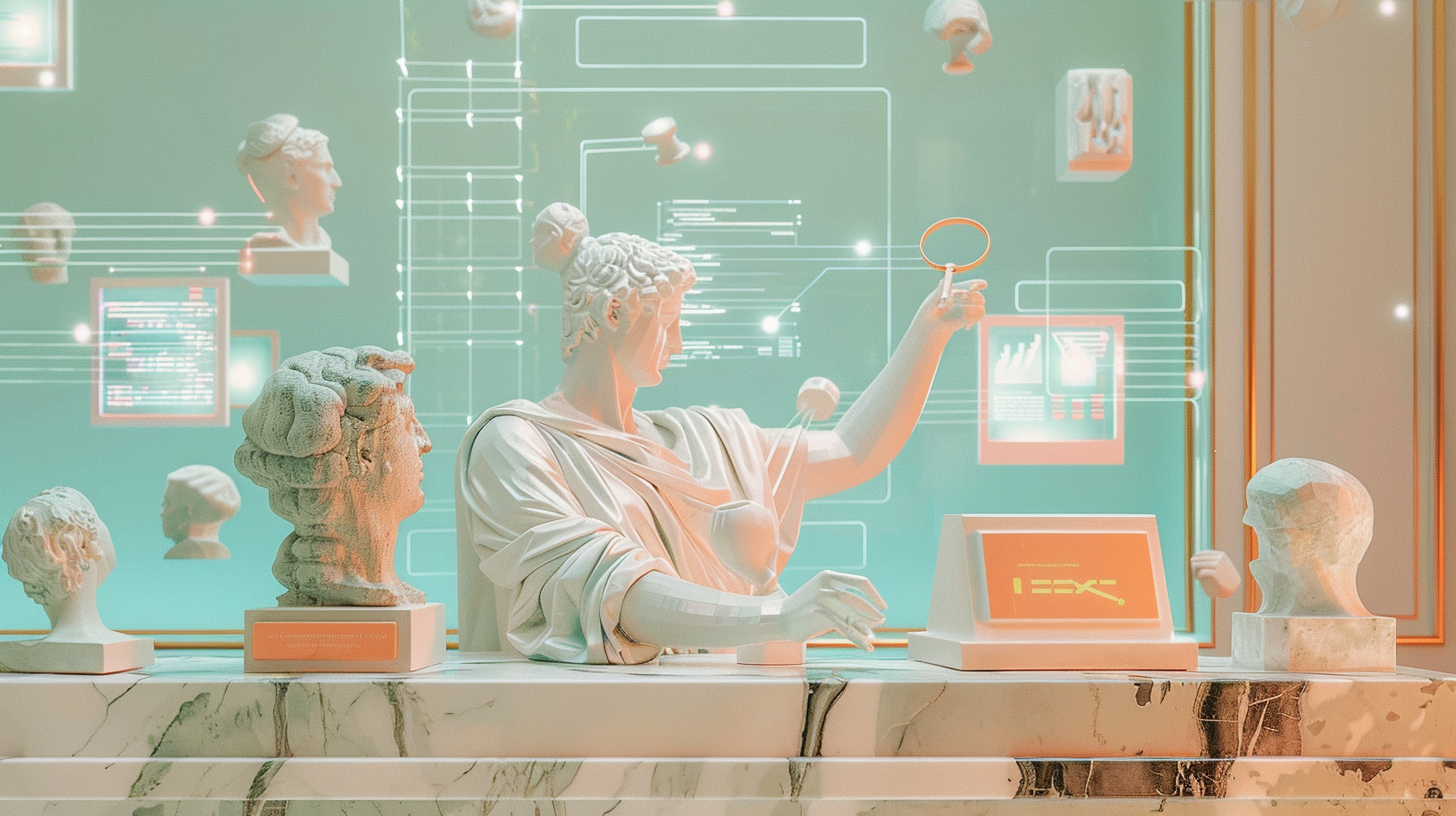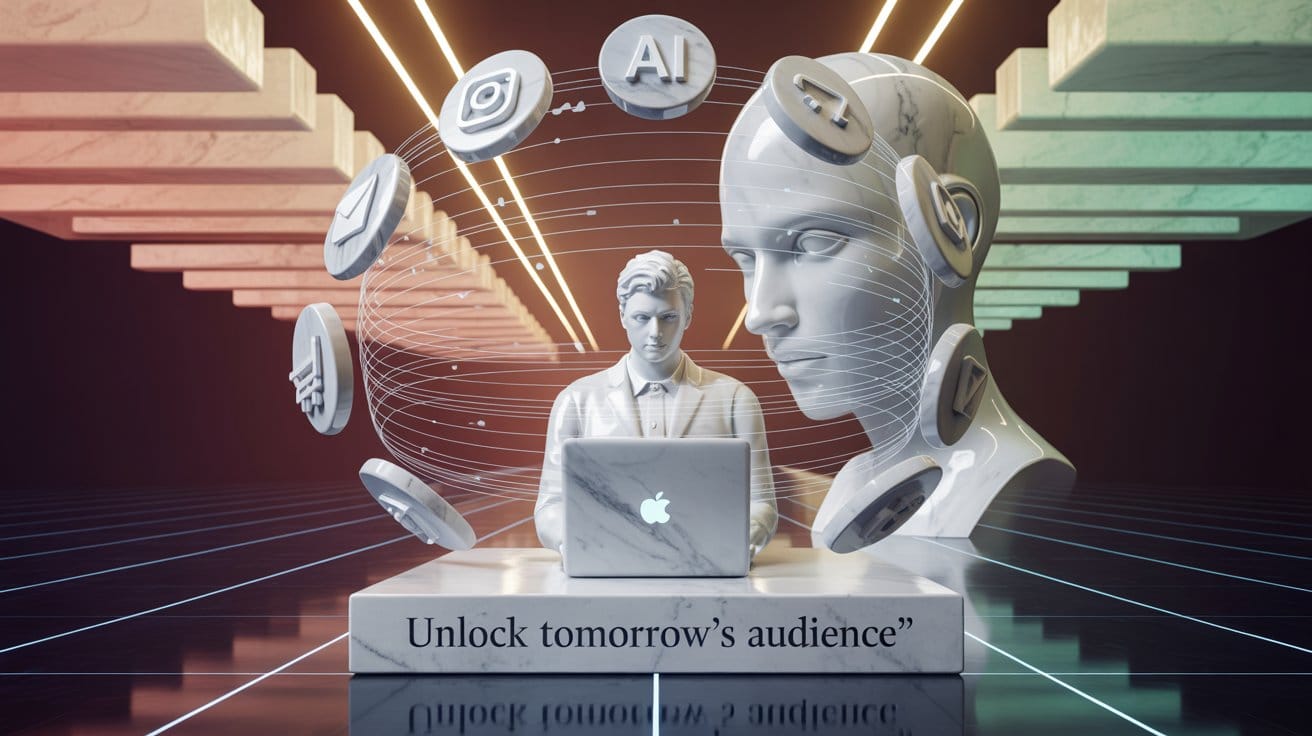Search Engine Optimization (SEO) has always been about adapting to change. From keyword stuffing in the early 2000s to today’s sophisticated algorithms, the rules of ranking continue to evolve. But the latest revolution shaping the future of SEO is powered by Artificial Intelligence (AI) and Machine Learning (ML).
Modern search engines are no longer just looking for keyword density or backlinks; they are analyzing intent, context, and user behavior at levels of complexity only AI can deliver. For businesses and marketers, understanding the role of AI and ML in SEO is no longer optional; it’s the key to staying visible in a digital-first world.
How Search Engines Use AI and Machine Learning
AI and ML are now at the heart of how search engines like Google operate. Some examples include:
- RankBrain: Google’s AI-driven algorithm that helps interpret user queries, especially long-tail or ambiguous searches. It focuses on relevance rather than exact keyword matches.
- BERT and MUM: Advanced natural language processing (NLP) models that allow search engines to understand context, intent, and even nuances like synonyms or phrasing.
- Personalization: Machine learning analyzes user data (location, search history, device) to provide personalized search results.
Together, these systems make search engines “smarter,” ensuring that users find the most relevant answers and rewarding websites that prioritize quality over gimmicks.
The Shift from Keywords to User Intent
Traditional SEO focused on placing keywords in the right places: titles, headers, and meta tags. While keywords remain important, AI-driven algorithms emphasize user intent instead.
For example:
- A search for “best coffee near me” isn’t about the words themselves but about local results and real-time context.
- A query like “how to fix my iPhone not charging” requires results that directly address problem-solving.
Marketers must now optimize content not just for keywords but for questions, problems, and experiences that users care about. AI rewards websites that demonstrate genuine authority, clarity, and helpfulness.
Content Creation in the Age of AI
AI and ML don’t just influence how content is ranked; they’re also transforming how content is created. Tools powered by AI can:
- Analyze trending topics and suggest content ideas.
- Optimize headlines and meta descriptions for higher click-through rates.
- Generate outlines or even draft articles that align with SEO best practices.
However, AI-generated content must always be refined by humans. Search engines value expertise, experience, authority, and trust (E-E-A-T), which requires a human touch. The winning strategy is a hybrid approach: leveraging AI for efficiency and data-driven insights, while using human creativity for depth and authenticity.
Link Building and AI-Powered Insights
Backlinks remain a cornerstone of SEO, but AI has changed how they’re evaluated. Instead of sheer numbers, algorithms now assess:
- Relevance: Is the backlink from a related niche?
- Authority: Does the linking site have credibility and trustworthiness?
- Context: Is the link naturally integrated into valuable content?
Machine learning tools help marketers identify quality link-building opportunities by analyzing vast datasets, spotting patterns, and avoiding low-value or spammy sites.
Voice Search and Conversational AI
With the rise of smart speakers and mobile assistants, voice search is becoming a dominant trend. Unlike text-based queries, voice searches are conversational and often longer.
For example:
- Text search: “SEO tips 2025”
- Voice search: “What are the most important SEO tips for businesses in 2025?”
AI-driven SEO strategies now include natural language optimization, FAQ-style content, and structured data (schema markup) to capture these voice-based queries.
Predictive SEO with Machine Learning
One of the most powerful contributions of ML to SEO is predictive analysis. By analyzing user data and search trends, ML tools can forecast:
- Which keywords are likely to grow in popularity?
- What content formats (videos, blogs, infographics) resonate with target audiences?
- When competitors are making moves in specific niches.
Predictive SEO empowers marketers to stay ahead of trends instead of simply reacting to them.
AI-Driven Personalization for User Experience
Search engines increasingly evaluate websites based on user experience metrics like dwell time, bounce rate, and click-through rate. AI helps websites deliver personalized experiences through:
- Dynamic content: Showing users recommendations tailored to their behavior.
- Chatbots and virtual assistants: Enhancing engagement and providing real-time solutions.
- Smarter site navigation: Guiding users to relevant sections more effectively.
When user experience improves, so do SEO rankings.
Challenges and Ethical Considerations
While AI offers immense opportunities, it also brings challenges:
- Over-reliance on automation: Relying solely on AI-generated content risks losing originality.
- Bias in algorithms: Search engines are not immune to biases in data, which can affect visibility.
- Transparency issues: AI-driven changes in ranking systems are often opaque, making it harder for marketers to adapt.
Ethical SEO strategies require balancing AI’s efficiency with human oversight, ensuring content is trustworthy and valuable.
The Future of SEO: AI as a Partner, Not a Replacement
Looking ahead, AI and ML will only grow more sophisticated. We may soon see:
- Real-time SEO audits powered entirely by AI.
- Fully personalized search results are unique to each user.
- Deeper integration of AI across social media, e-commerce, and SEO ecosystems.
But the core principle will remain the same: SEO success belongs to those who serve users best. AI is simply a tool to help marketers understand and deliver on that promise.
Final Thoughts
The role of AI and machine learning in modern SEO cannot be overstated. From understanding search intent to shaping content strategies, AI is redefining how visibility is achieved online. For marketers, the takeaway is clear: embrace AI as a partner, not a competitor.
By combining AI’s analytical power with human creativity and authenticity, businesses can build SEO strategies that not only rank but also resonate.
The future of SEO is here, and it’s powered by AI. At Wunderkint, we don’t just follow trends, we help you lead them. From AI-driven insights to influencer-ready campaigns, we’re here to put your brand ahead of the curve.
✨ Ready to win the digital race? Let’s Talk







